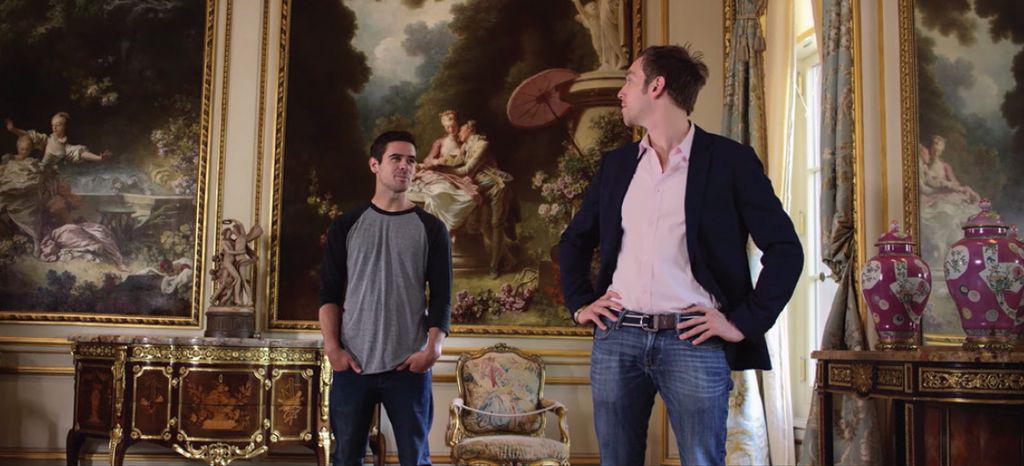WHEN YOU ARE THE CAMERA

In 2016, the ghetto film school, a nonprofit film education organization that runs programming for teens in New York, Los Angeles, and London, debuted the first of several short films made through a collaboration with the Frick Collection in New York. Inspired by a series of works by the French painter Jean-Honoré Fragonard, The Progress of Love tells a story of queer romance and heartbreak that pivots on the Fragonard series that shares its title. Written and produced by Gabby Martinez and directed by Marcus Owens, The Progress of Love is a remarkable piece of youth media. From a purely technical perspective, it demonstrates a high level of competence: it is thoughtfully framed and edited and well-acted, with a commendably clean sound mix (most youth-made films fall short on these measures in particular).
Beyond its technical merits, the 14-minute film displays a committed approach to visual storytelling and a sophistication concerning adult emotions that are exceptional for youth-produced work. The titular paintings are its starting point, with the conversation that instigates the narrative set in the Fragonard room of the Frick. The exchange between the film’s central characters serves as both a primer on reading images—one by one, they tease out the narrative elements of each of the four paintings in the series—as well as a roadmap of Fragonard’s optimistic depiction of love. The brief scenes that follow invert Fragonard’s romantic scheme, charting the love affair’s disintegration in fleeting vignettes. As a short film, The Progress of Love is sturdy and earnest. It is noteworthy, however, precisely because it’s a work made by teenagers.
It would be easy to attribute s merits to one or several preternaturally talented
You’re reading a preview, subscribe to read more.
Start your free 30 days





